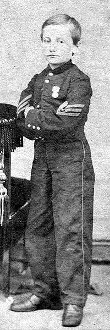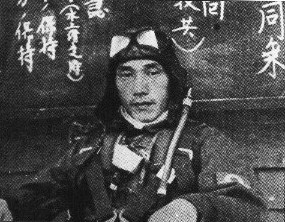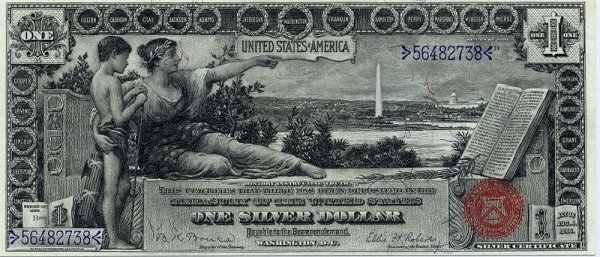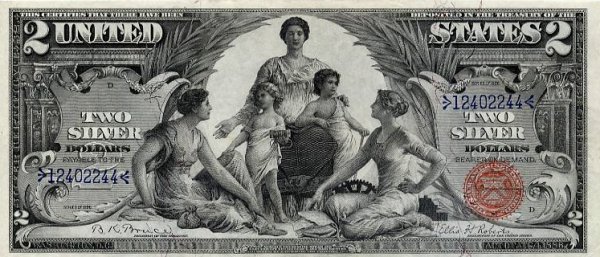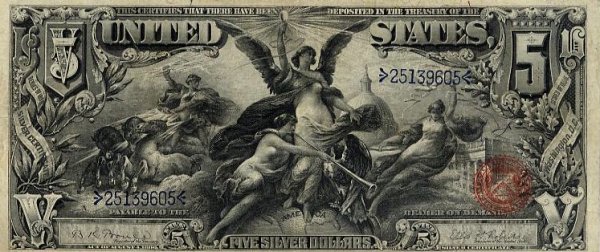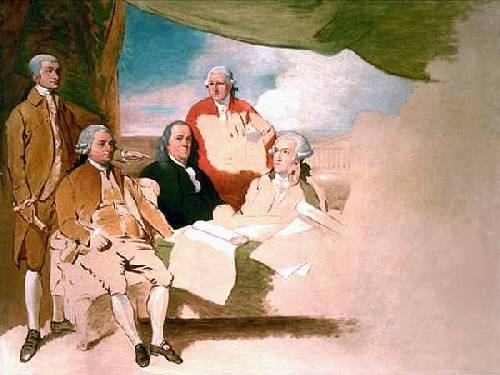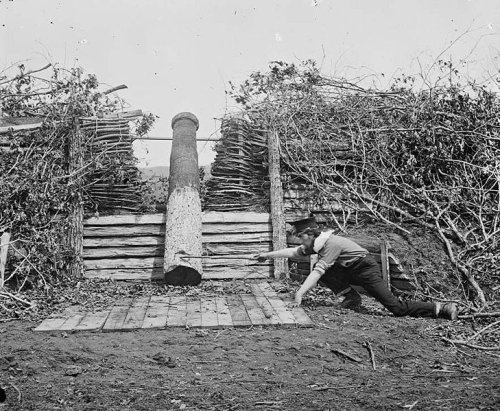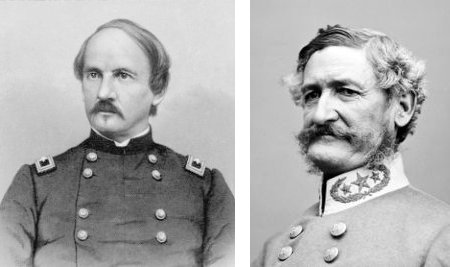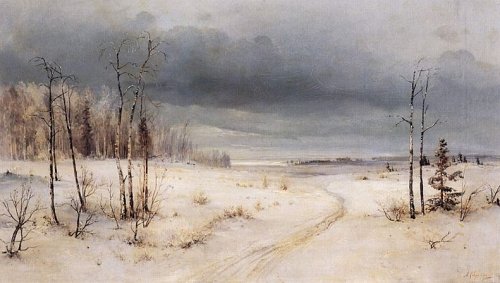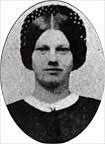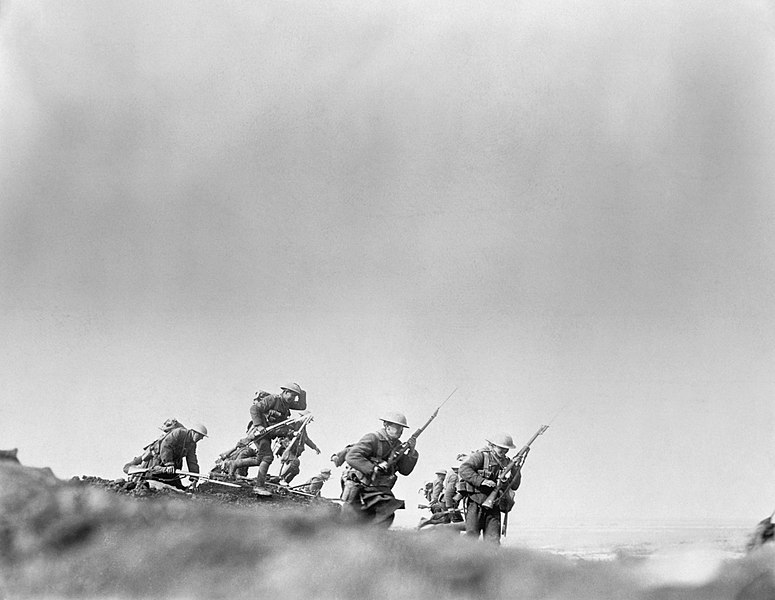
An infantryman’s view of World War I combat, from veteran Henry Williamson’s 1930 novel Patriot’s Progress:
… Half the sky leapt alight behind them, there were shouts and cries, a cascade of sound slipped solidly upon them, seeming to John Bullock to swell and converge upon the place where his now very trembling body was large and alone. He saw a long pale shadow before him an instant before it vagged and vanished in the shock of the earth rushing up in fire before him. He was aware of men going forward, himself with them, of the unreality of all movement, of the barrage which was all-weight and all-sound, so that he was carried forward effortlessly over a land freed from the force of gravity and matter. As in a nightmare of rising green and white showers of light about the rending fire he shouted without sound in a silent world, and his senses fused into a glassy delirium which lasted until he realized that of the figures on either side of him some were slowly going down on their knees, their chins on their box-respirators, their rifles loosening from their hands. He was hot and swearing, and his throat was dried up. That sissing noise and far-away racketting must be emma-gees. Now the fire wall was going down under his nose and streaking sparks were over and he was lying on his back watching a great torn umbrella of mud, while his head was drawn down into his belly …
(The vacuum of a dud shell falling just behind him.) He retched for breath. His ears screamed in his head. He crawled to his knees and looked to see what had happened. Chaps going on forward. He was on his feet in the sissing criss-cross and stinking of smoking earth gaping — hullo, hullo, new shell-holes, this must be near the first objective. They had come three hundred yards already! Cushy! Nothing in going over the top! Then his heart instead of finishing its beat and pausing to beat again swelled out its beat into an ear-bursting agony and great lurid light that leapt out of his broken-apart body with a spinning shriek
and the earth was in his eyes and up his nostrils and going away smaller and smaller
into blackness
and tiny far away
Rough and smooth. Rough was wide and large and tilting with sickness. He struggled and struggled to clutch smooth, and it slid away. Rough came back and washed harshly over him. He cried out between the receding of rough and the coming of smooth white, then rough and smooth receded …
Shell-shocked at the Somme, Williamson was invalided back to England in 1917, where he wrote seven novels about his wartime experiences. He died in 1977.

